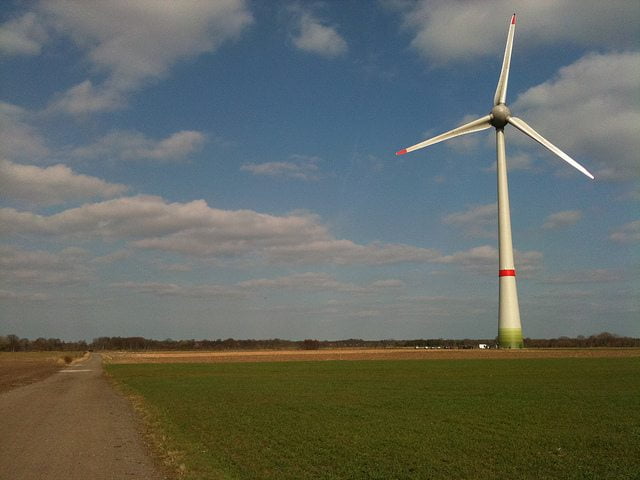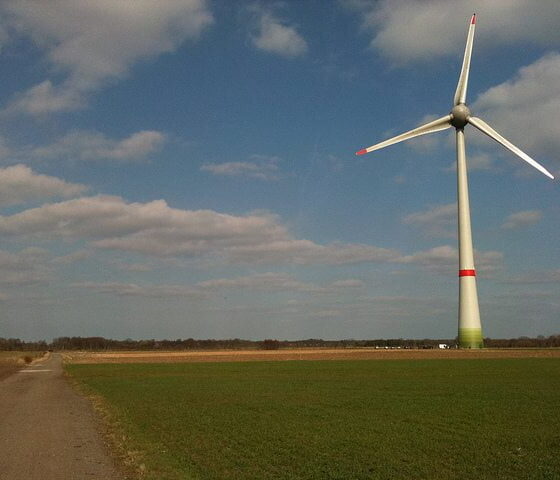

Economy
More support for Germany’s renewable energy sector as new law gets go-ahead
The EU Commission announced their approval of Germany’s new renewable energy law in Brussels on Wednesday. The Commission thinks the new law will help the country move away from fossil fuels and will not stop competition in the single market.
The German Renewable Energy Act or EEG 2014 will support the production of electricity from renewable sources, helping to meet carbon emission targets and will come into force on August 1 2014.
The EU Commission estimated the support of renewable electricity at €20 billion (£15.8bn) a year.
After concerns from the EU over energy discounts for many German companies in December 2013, Germany agreed that firms from outside the country would be allowed the same conditions as domestic companies.
Commission vice president in charge of competition policy, Joaquín Almunia, said, “The EEG 2014 paves the way for more market integration of renewables. In the medium term this should lead to lower costs for consumers. Also, the progressive opening up of tenders to operators located in other member states is a very positive development for the internal energy market.”
A publication by ResPublica released today says the UK should learn from Germany in its energy framework and policy.
The essay explains how it is currently too difficult in the UK for small businesses to become energy suppliers and the current market is monopolised by the ‘big six’. This is compared to Germany who has 1,100 electricity suppliers and households can choose from about 72 energy suppliers – most of which are local.
The think tank says the UK government should set up a ‘Help to Supply’ scheme aimed to help new suppliers enter the energy market through the government simplifying requirements.
They say locally governed infrastructure could help reduce complaints to energy companies, create transparency and lower household bills.
Lord Smith, chairman of the Environment Agency, said, “This essay shows very clearly how Germany has succeeded – where we have so far failed – in creating a bottom-up revolution in energy supply and distribution.
“Property-level renewable installation, community energy companies, small-scale local schemes: these have been the way forward for German electricity production, and it’s been a big success. We could learn some serious lessons here.”
The Winston Churchill Memorial Trust and Co-operative Energy support the publication.
Photo: Jako Jellema via Flickr
Further reading:
EU jabs at German renewable energy law
Just three EU countries on track to meet energy efficiency targets
Germany’s solar subsidy reforms ‘a great success’, says energy minister


 Environment12 months ago
Environment12 months agoAre Polymer Banknotes: an Eco-Friendly Trend or a Groundswell?

 Features11 months ago
Features11 months agoEco-Friendly Cryptocurrencies: Sustainable Investment Choices

 Features12 months ago
Features12 months agoEco-Friendly Crypto Traders Must Find the Right Exchange

 Energy11 months ago
Energy11 months agoThe Growing Role of Solar Panels in Ireland’s Energy Future





























